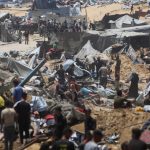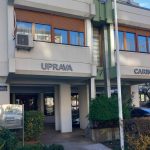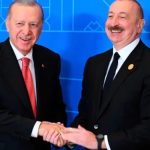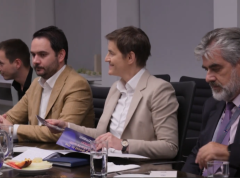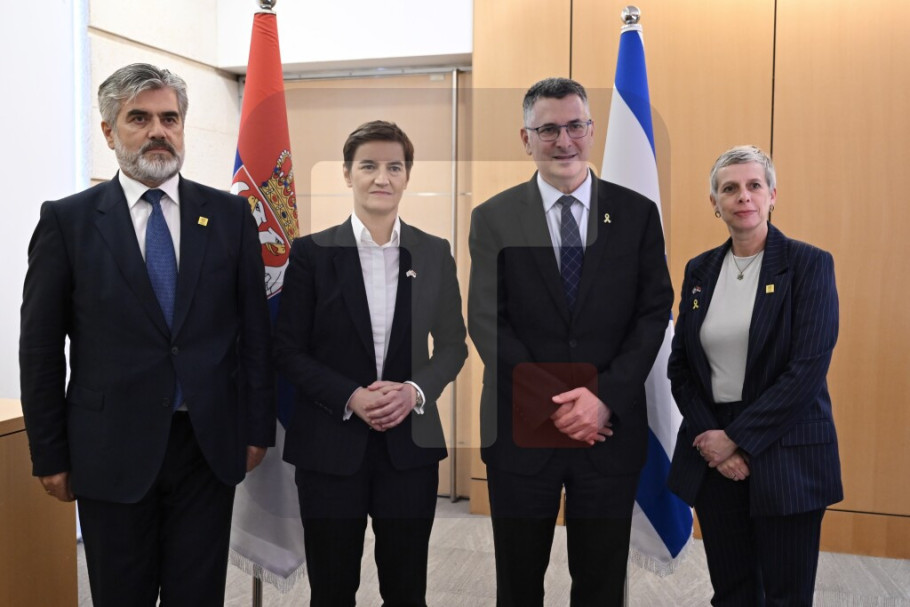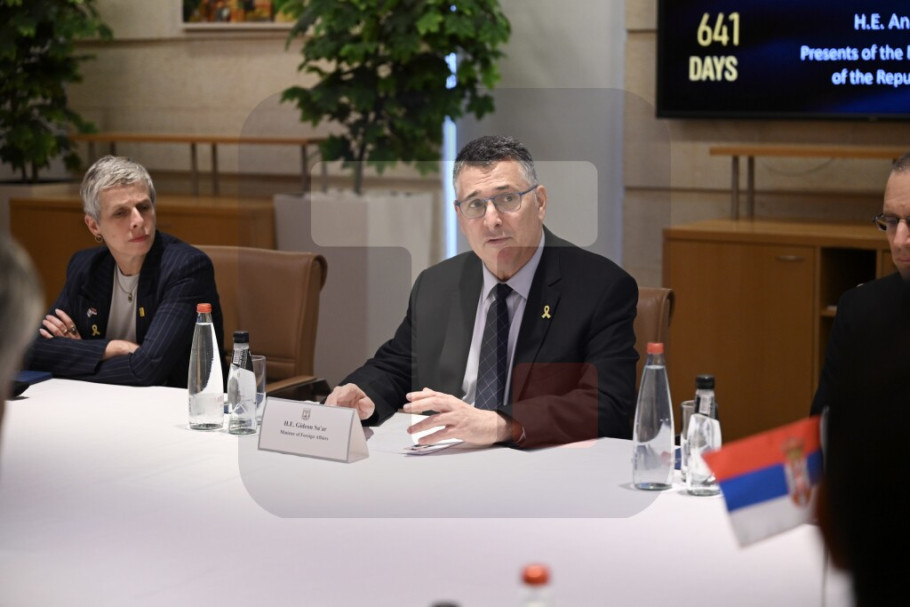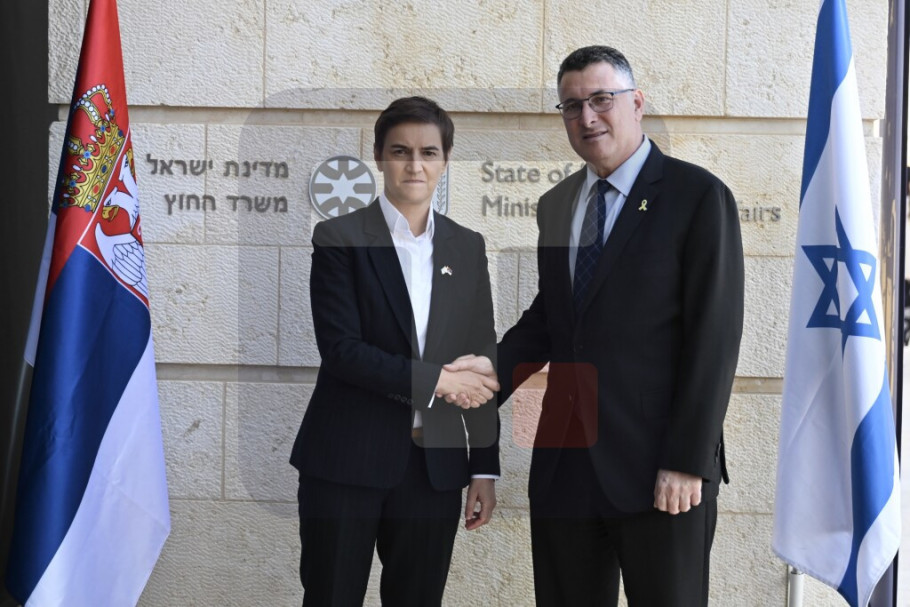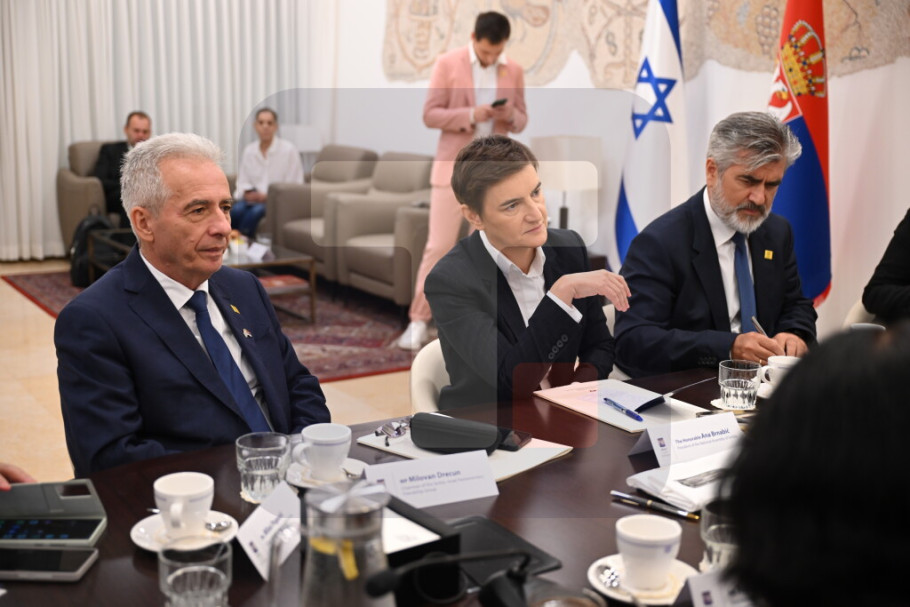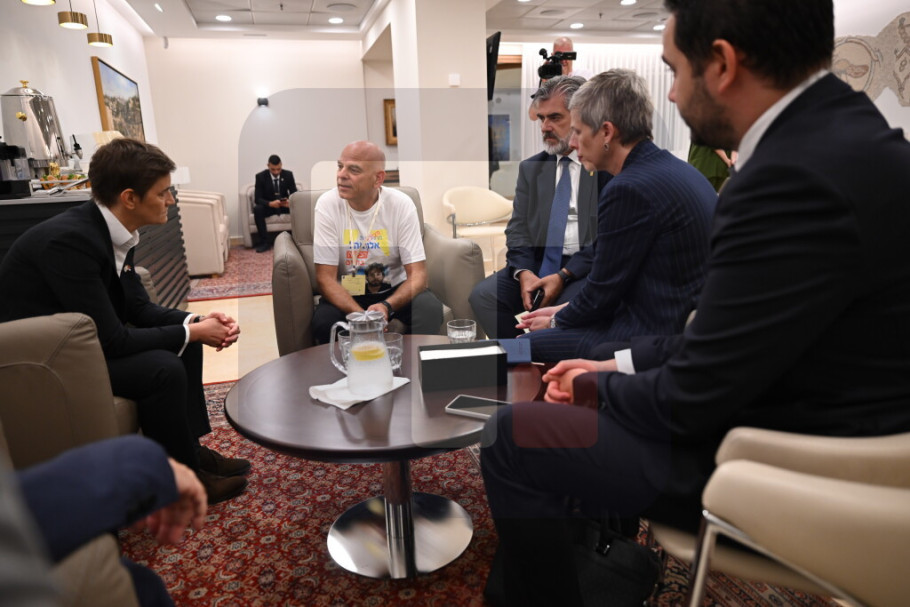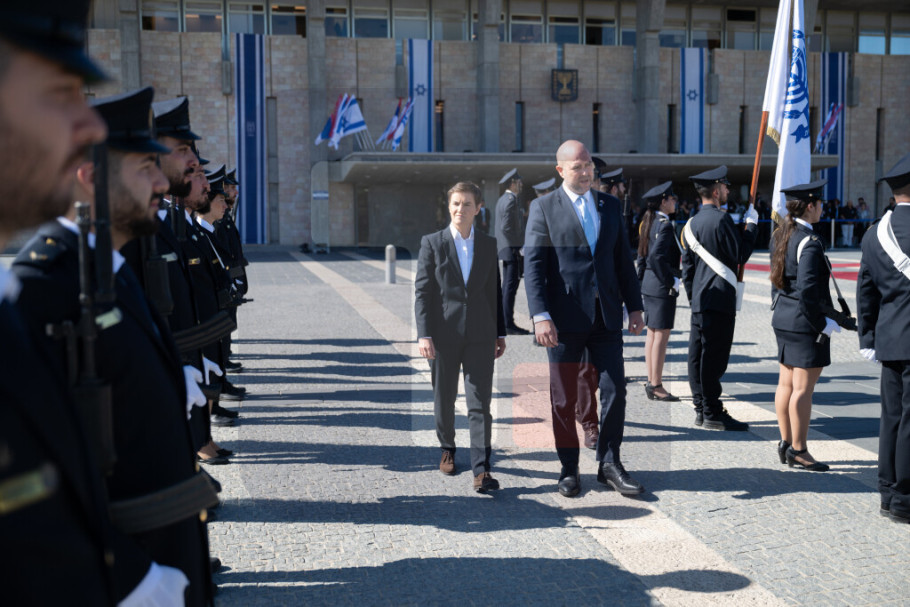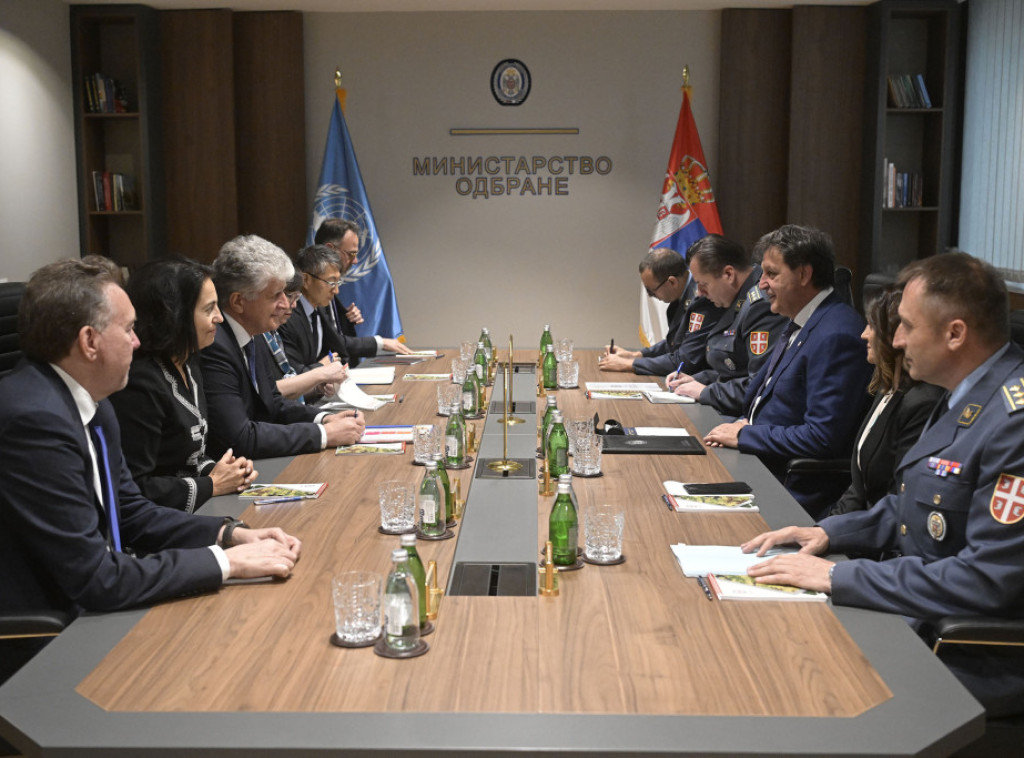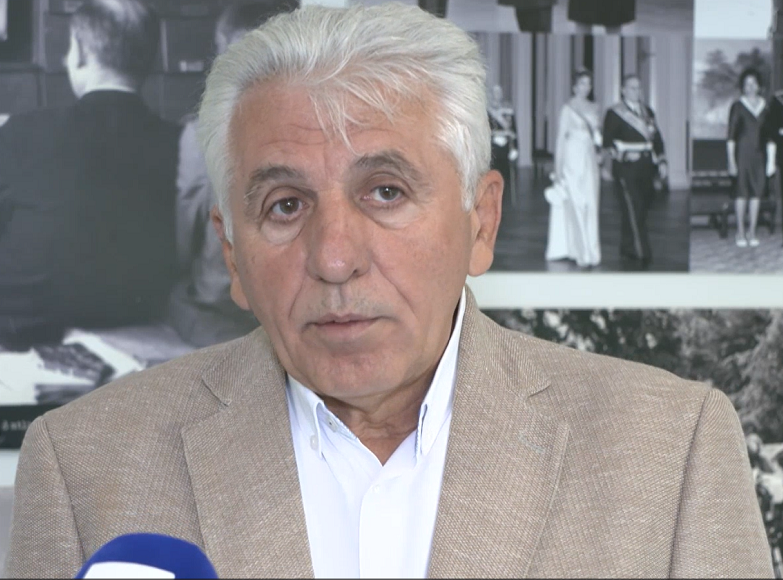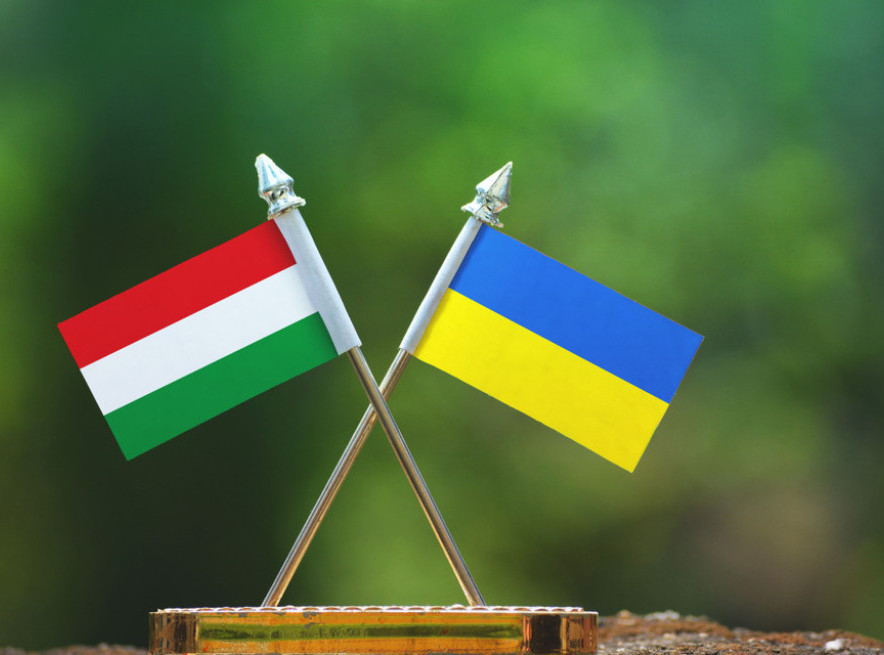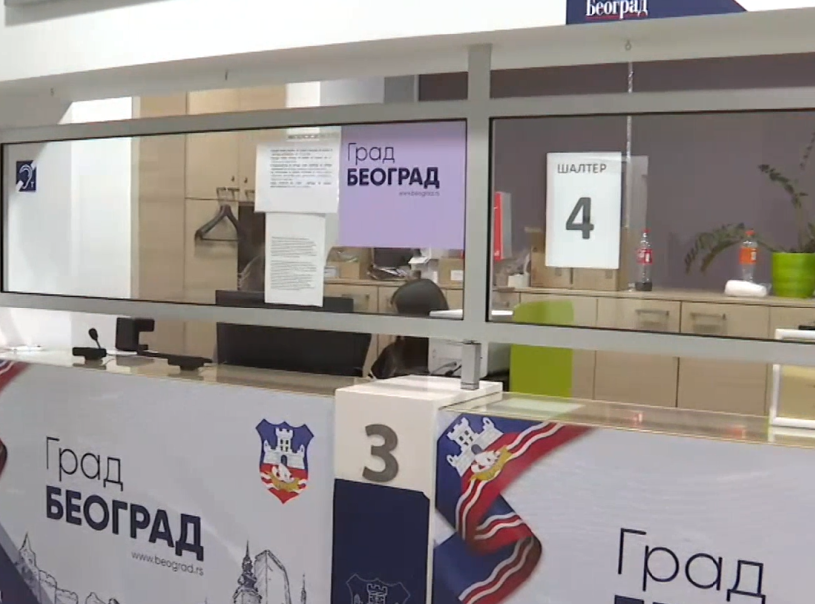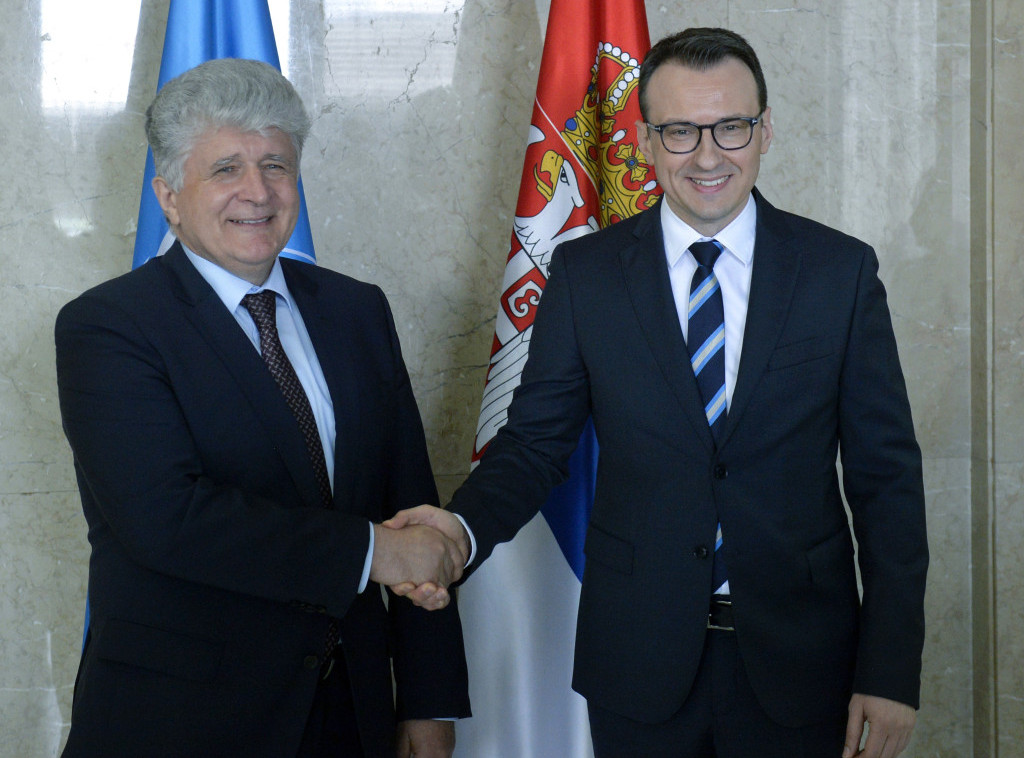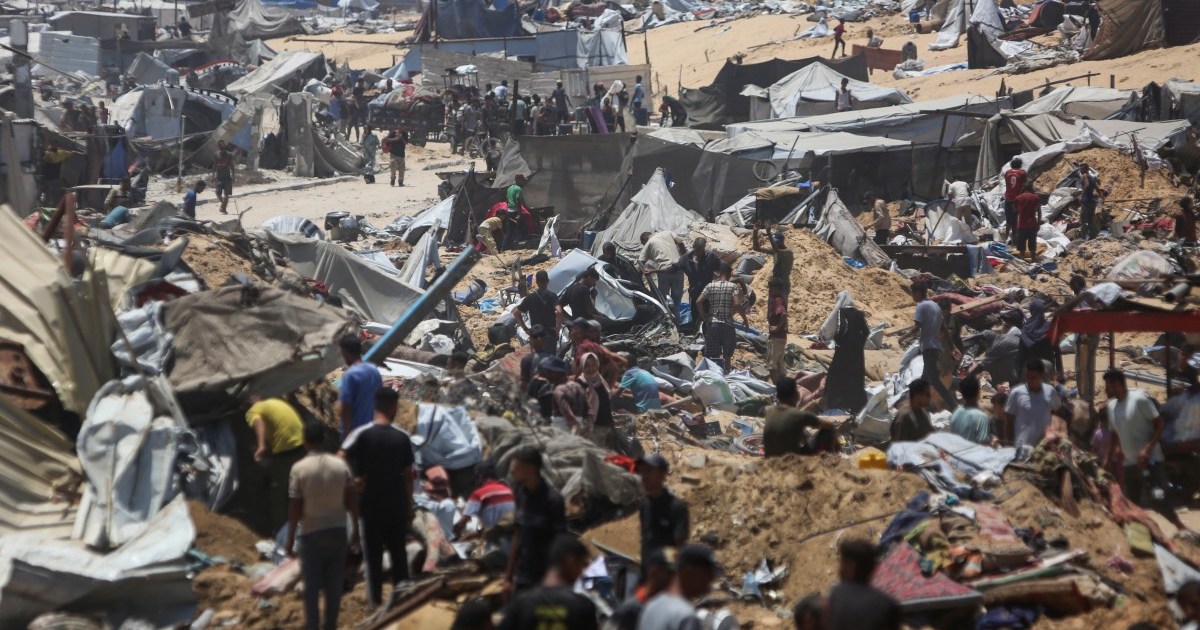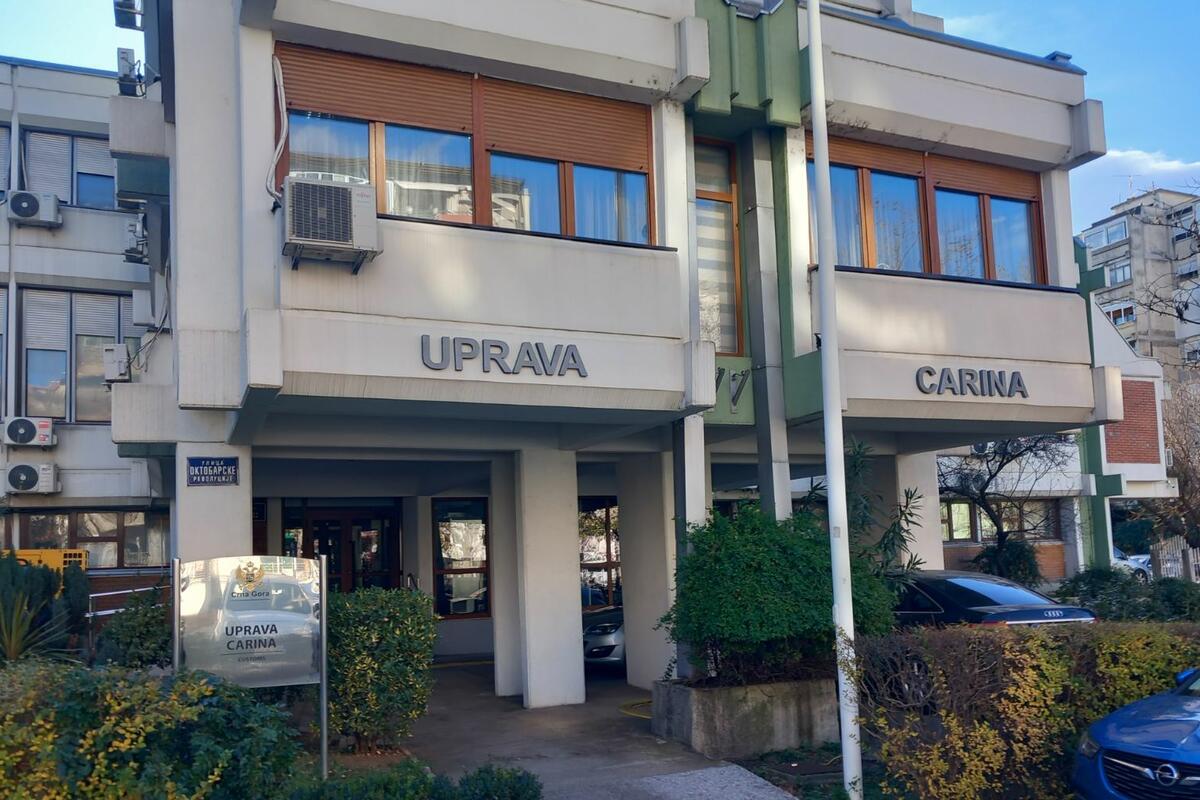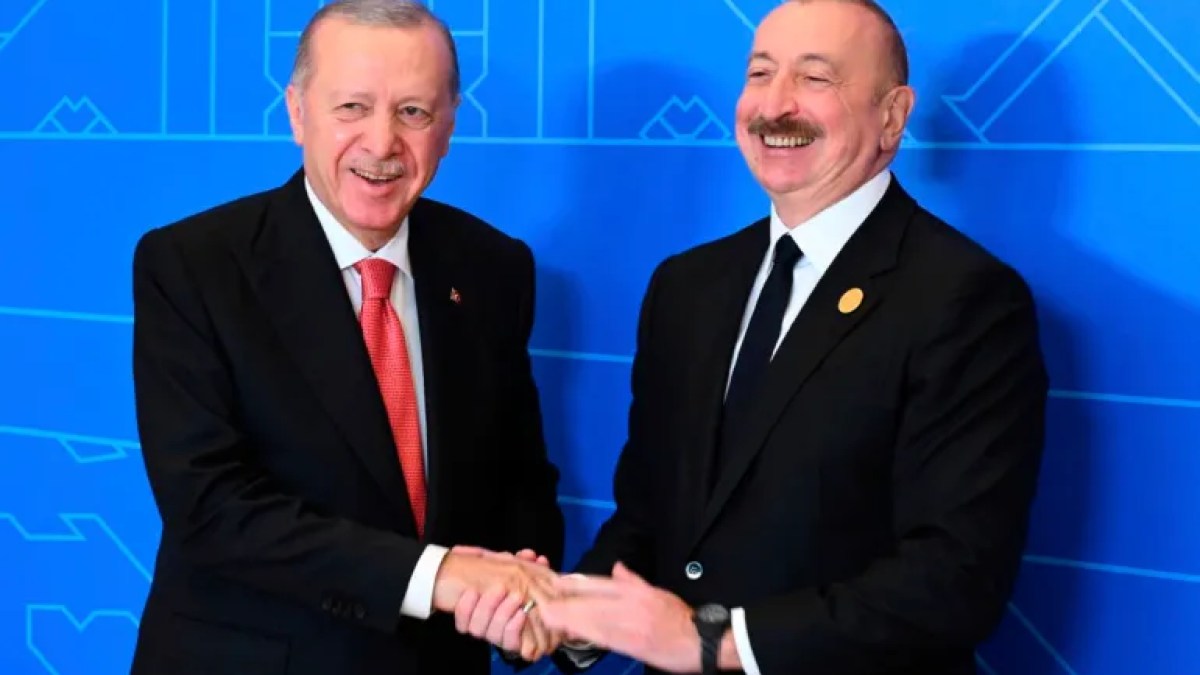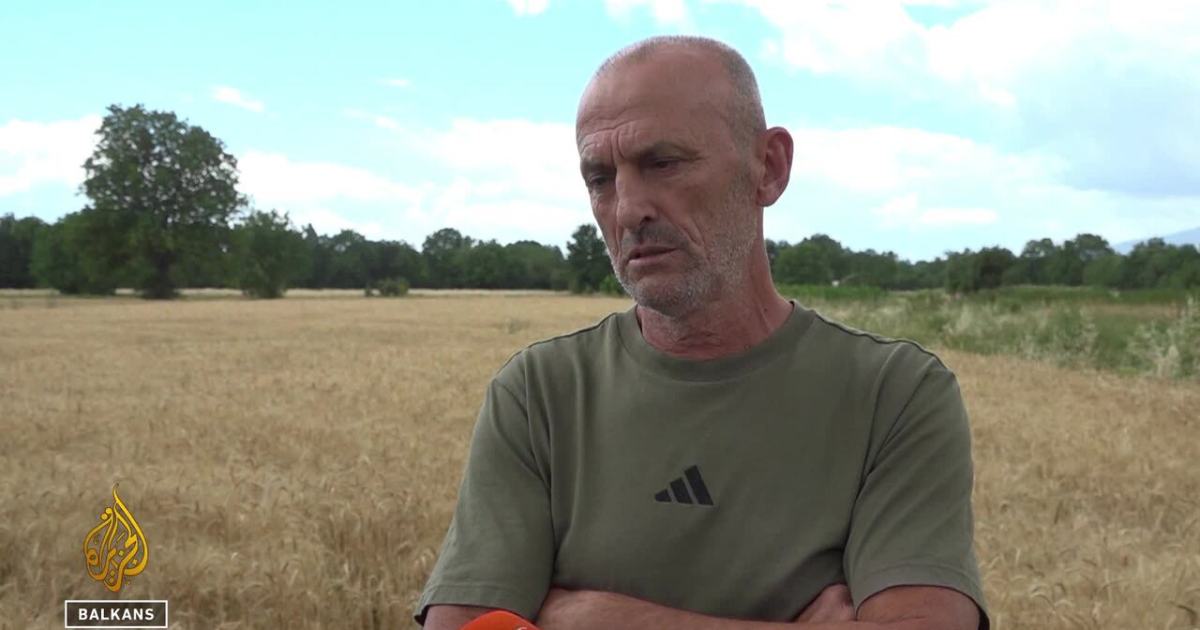Brnabić in Israel: Rockets, Science, and Political Drama in the Middle East
Ana Brnabić, the Speaker of the Serbian National Assembly, has been on a whirlwind diplomatic tour in Israel — but not without drama! She visited the Weizmann Institute in Rehovot, a city near Tel Aviv that was hit by an Iranian rocket attack in mid-June. Yes, you read that right — Iran launched rockets at one of Israel’s most important scientific centers, and Brnabić was there to see the damage and show solidarity.
Rockets and Ruins
The Weizmann Institute, founded by Israel’s first president and renowned scientist Chaim Weizmann, is one of the country’s top scientific hubs. In mid-June, Iran fired rockets in retaliation for the killing of Iranian scientists, striking buildings at the institute, including a modern laboratory that was scheduled to open in November. Brnabić toured the damaged buildings and witnessed the scale of destruction — this was no mere political visit, but a direct encounter with the fallout of conflict.
Diplomatic Marathon
But that’s not all! During her visit, Brnabić held a series of important meetings. She met with Israeli President Isaac Herzog, Knesset Speaker Amir Ohana, Foreign Minister Gideon Saar, and the Israel-Serbia parliamentary friendship group. The talks focused on strengthening friendship and cooperation across all fields — economy, culture, sports, and science.
Serbian-Jewish Friendship
Brnabić emphasized that Serbs and Jews have always stood together, especially through tough historical times like World War II. She highlighted the importance of remembering the Holocaust and fighting historical revisionism. Political and economic ties between Serbia and Israel have been growing stronger in recent years, and this visit is another testament to that close relationship.
Hostage Drama
At the Knesset meetings, Brnabić also discussed the case of Serbian-Israeli citizen Alon Ohala, who was kidnapped by Hamas in October last year. His family is in a difficult state, and the Speaker spoke with his father, showing that the visit had a humanitarian dimension as well as a political one.
What Does This Mean?
While Iran and Israel exchange rockets and threats, Serbia is trying to maintain good relations with both sides. Brnabić’s visit signals that Serbia wants stability and cooperation but is aware of the dangers facing the region. Visiting the rocket-hit Weizmann Institute sends a clear message — science and peace must triumph over war and destruction.
Conclusion
This visit is more than protocol — it’s a diplomatic maneuver in a complex geopolitical game. Serbia is balancing between great powers and conflicts, and Brnabić is on the ground to show Serbia has its own interests and positions. What do you think? Is Serbia on the right path or playing a dangerous game? Drop a comment and let the conversation roll!


